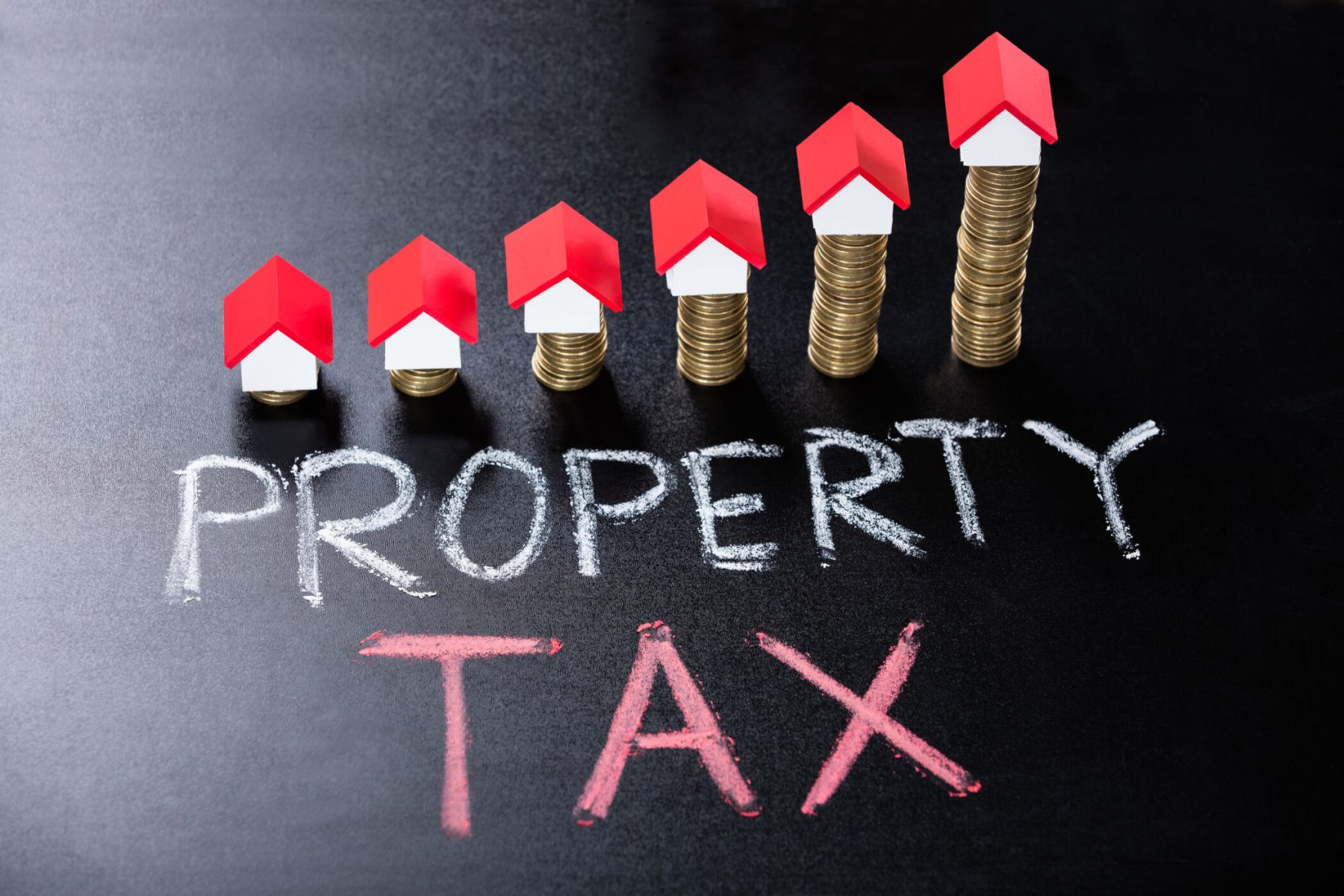
The McPherson Mayor and plenty of his cohorts in municipal government are gearing up for a snit fit over the property tax lid. The tax lid law limits the ability of local governments to spend like everyday is a vacation.
City officials are stompy mad that Kansas legislators are requiring them to live within their means, whereas previously, every year was another chance to belly up to the taxpayer buffet and pork, pork, pork.
Here’s how tax increases locally used to work: The county appraiser would assess properties. The city overall valuation of the city would increase by an amount determined by the appraiser. In some cases, like the difference between last year and this year, property values may have skyrocketed. For instance in some parts of Johnson County, property valuations increased by 14 percent. City councils (and the county governments) would use those figures to set their budgets. If property values increased, a municipal government could keep the same tax rate while increasing their spending. Individual property owners would still pay significantly more than they had the year before, but local politicians could pop the champagne and announce they didn’t raise taxes.
In the years when assessed property values were stagnant, or worse, decreased, local officials would increase the mill rate. Property owners would pay more, politicians would express their deep sadness the tax increase was necessary to keep the lights on, and remind voters that although they were paying more year after year, the politicians hadn’t increased tax rates in those years when the assessed valuations increased. Rinse. Cycle. Repeat. The constant? Whether assessed valuations increased or decreased, property owners almost always paid more every single year, and in many instances they paid more than inflation.
The Kansas Legislature finally put a stop to that madness by adopting a tax lid policy that ties tax revenue to a five-year-average of CPI. Local officials can raise taxes beyond that, but only if they ask the voters first. Who could oppose such a reasonable solution?
It turns out, city officials everywhere. They want the ability to abscond as much money as possible from property owners whenever and however the urge strikes. The Hutchinson News trots out the McPherson Mayor Thomas Brown to bemoan the tax lid in a May 10 article.
Brown told a legislative committee that health insurance premiums, workers’ compensation and other items exceeded the current CPI-average of 1.4 percent. Brown said the city “has been very responsible” with citizens’ money and will make cuts instead of asking voters’ permission to increase taxes above the lid. He said the city only increased its mill levy rate by .28 mills in the last eight years but didn’t mention that McPherson increased tax collections by 115 percent since 1997, while inflation and population combined was just 43 percent. In other words, City Council could have reduced the mill rate to keep up with inflation but chose to raise taxes on citizens.
The Hutch News story insinuates that potential business owners may shy away from opening plants or other businesses in McPherson if the city can’t raise taxes to fund luxurious benefit packages for city staff.
This argument is laughable. One would be pardoned for thinking businesses might feel more incentivized to locate in places where their property taxes aren’t outpacing CPI every year to fund excess government employment. Kansas is the second-worst state in the nation for local government employees per-capita and is 34 percent above the national average.


